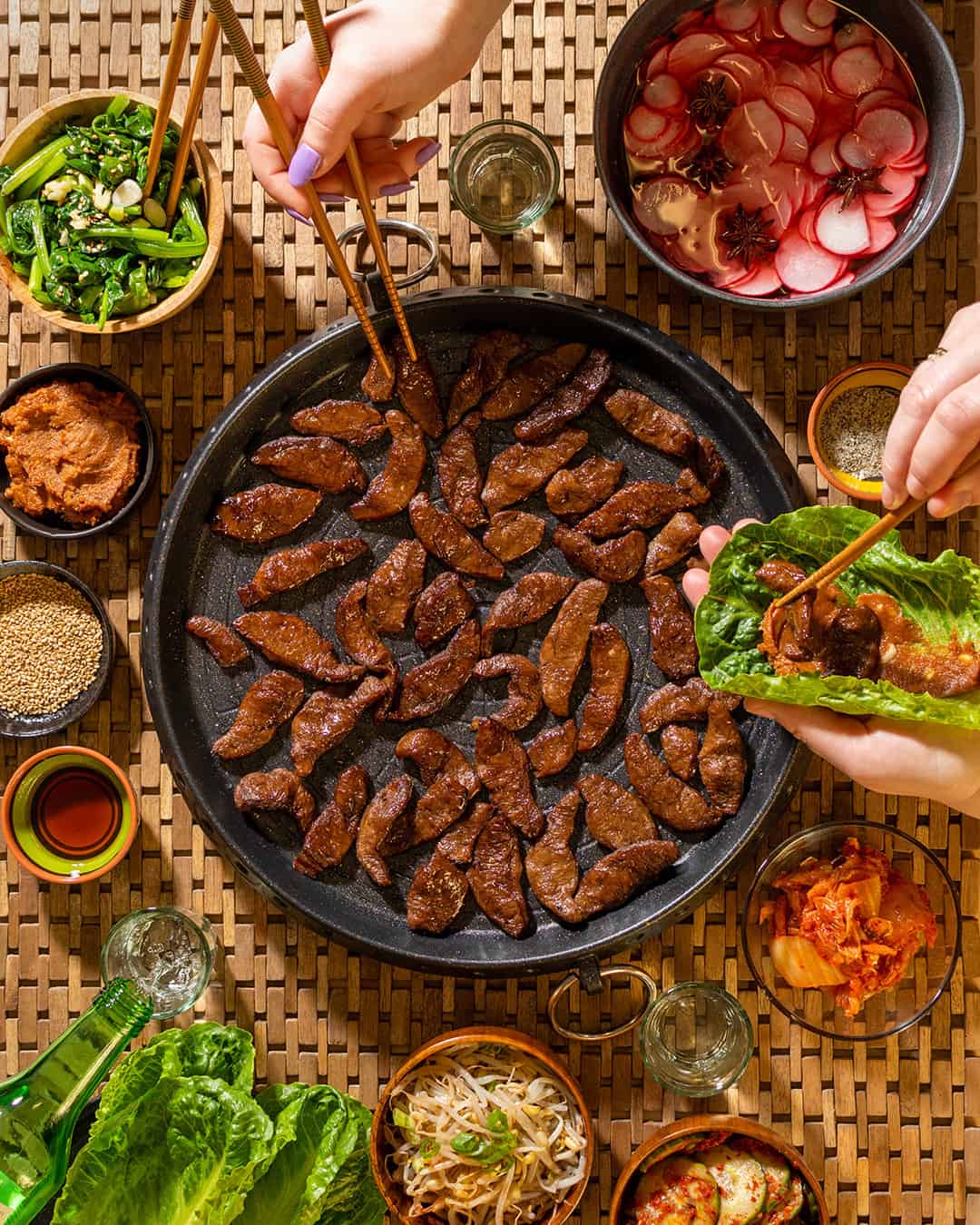Dole Partners With Rais Case and Ananas Anam to Transform Agricultural Waste Into Sustainable Fashion
Dole Packaged Foods, one of the world’s largest producers of fruit and vegetables, has joined forces with Rais Case, a circular design brand from Southern California, and Ananas Anam, the creator of plant-based material Piñatex. This collaborative effort aims to repurpose organic waste into functional fashion accessories, beginning with a limited-edition Vida Bag crafted from Piñatex, a vegan leather alternative derived from pineapple leaf fibers sourced from Dole Philippines farms. Senior Vice President and Managing Director for Dole Packaged Foods, Americas, Orzse Hodi, spoke on the significance of waste reduction efforts, stating, “For every ton of pineapples harvested, three tons of pineapple leaves are discarded, making it our job to find ways to reduce and repurpose our waste as much as we can. In addition …























